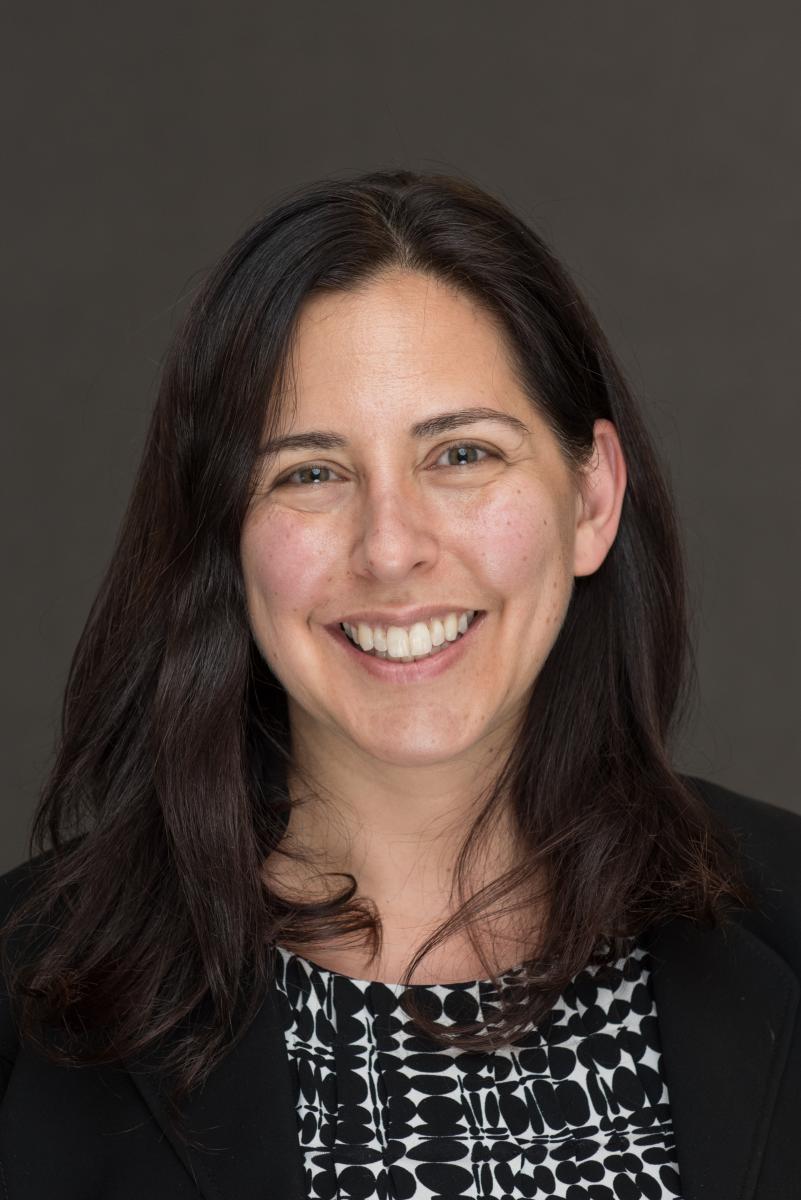By Julie Kirschbaum
[excerpted from APTA Passenger Transport Magazine, where the full article is available online]

San Francisco Transit Riders, a non-profit ridership advocacy group, has declared September “transit month” in the city where I live, work and raise my family. As the Director of Muni at the San Francisco Municipal Transportation Agency (SFMTA), and for others across the country in my role, every month is transit month. Still, I must admit that even after working in public transit for more than 20 years, I’m still unabashedly enthusiastic about transit month and about the potential of our industry.
When we do things right, we connect communities, improve people’s daily lives, combat climate change and open opportunities for the people who need them most.
Because the SFMTA is an integrated transit and transportation agency, we are able to have our planners and engineers work together to design changes that reduce delays, improve reliability and increase the safety and comfort of customers along our most heavily used routes. These projects include a variety of treatments that specifically address the root causes of delay and passenger frustration, like traffic congestion, transit stops that are spaced too close together, narrow travel lanes and slow boarding times.
The upgrades we made include:
- Red transit lanes, which allow Muni vehicles to bypass traffic and other problems like double-parked vehicles. This makes sense on streets where buses run frequently.
- Transit signal priority, which is made possible by a technology the lets traffic lights know when a transit vehicle is approaching so that the light stays green to reduce delays.
- Sidewalk extensions at Muni stops, which allow buses to stay in the transit lane when picking up and dropping off passengers, making them more accessible and reliable.
- Transit boarding islands on streets with bike lanes to eliminate friction between buses pulling over to the curb and cyclists traveling through an area.
- Queue jumps, which work particularly well on less frequent routes, to help buses maneuver through pinch points.
During the pandemic, when it became even more important to speed up travel times so that people would spend less time on the bus and reduce risk of exposure to COVID-19, we picked up the pace of some of these treatments to meet the urgency of the moment. We implemented ten miles of transit lines on a temporary basis, with nearly seven miles more approved.
We also added a new express bus line to downtown during the pandemic in one of our historically underserved neighborhoods: Bayview Hunters Point. This investment increased access to jobs within 30 mins. four-fold and access to jobs within 45 mins. nine-fold.
The next innovation we’re experimenting with is urban high-occupancy vehicle (HOV) lanes. Those lanes on highly trafficked city streets in a few select locations will be exclusively for use by transit and private vehicles with two or more occupants.
Megaprojects are great—when you can afford them and when you can afford to wait for their benefits. But small projects are another great option for making transit amazing. These projects—and the quick wins they can provide—are what I’ll be celebrating this year during transit month.
Published September 10, 2021 at 10:49PM
https://ift.tt/3hmfb4Z
Comments